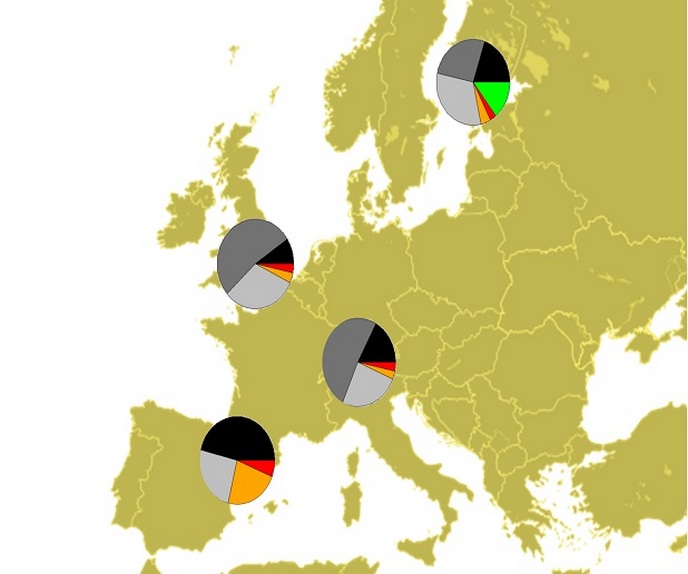Greek sustainability centre inspires region
Named after an ancient Greek philosopher who promulgated the atomic theory, the National Center for Scientific Research (NCSR) Demokritos is one of the leading multidisciplinary research centres in Greece. It boasts an environmental research laboratory (EREL) that is playing an increasingly important role in studying the environment and sustainable development related to clean energy. The EU-funded project PERL improved the research potential of the EREL in several fields. Specifically, the project upgraded the research management capacity of EREL and built partnerships with small and medium-sized enterprises (SMEs) and industry with the aim of improving living standards on a regional scale. This is also particularly important for the country's largest metropolitan area, Attica, which is home to almost half the population of Greece and includes the cities of Athens and Piraeus. The project team helped build a critical mass of researchers, established partnerships with regional and European stakeholders, and upgraded equipment and infrastructure to further innovation and research. Notable researchers were recruited in several key fields such as chemical analysis of air pollution, development of atmospheric models, health impacts of air pollution, and hydrogen safety and storage. Recently acquired equipment included a cryo-cooling system for sophisticated measurements, compact automatic titrator, carbon aerosol analyser, carbon dioxide analyser, data acquisition system, high performance computers and a an ion chromatograph. Through these developments, EREL significantly improved its ability to predict atmospheric changes in the eastern Mediterranean and regionally, in addition to assessing impacts of climate change and guiding policymaking. New climate and pollution models have emerged from the project upgrades, which are now encouraging a host of new experiments and safety tests using the newly acquired equipment. Findings and results of the PERL project have been disseminated through publications, conferences, seminars and journals, helping to raise the Center's profile and attracting appreciable amounts of funding. Adding to its distinction, the laboratory joined the European Committee for Standardisation and became a member of the European Hydrogen and Fuel Cell Facility. Supported by its new infrastructure and expertise, EREL is expected to branch out to different research areas related to well-being, safety and security. These topics include dispersion and risk assessments of pollutants and toxic gas, as well as mitigation strategies for climate change. The laboratory has already become a beacon of environmental knowledge and assessment regionally, a welcome development in the quest to maintain the quality of life in the Balkans and the Mediterranean.







